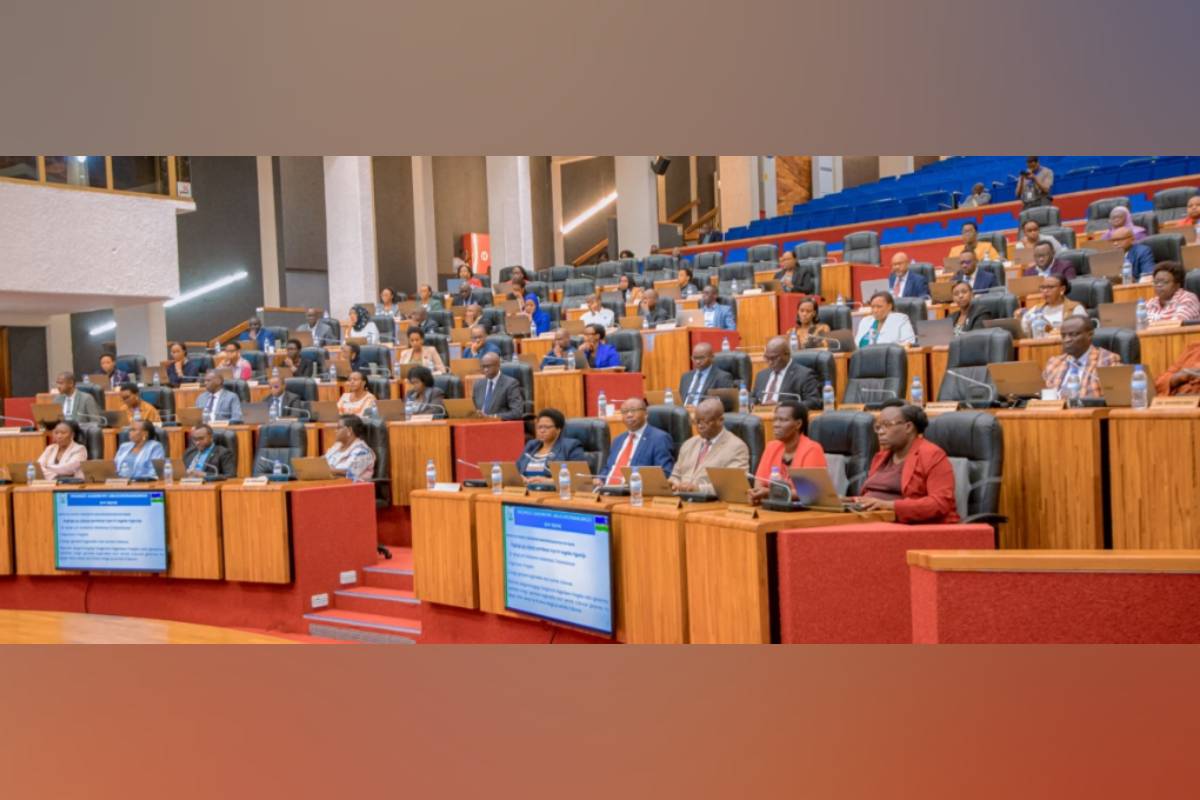
The Rwandan Parliament has passed a new law on 4 August 2025 regulating health services, allowing adolescents aged 15 and above to access sexual and reproductive health services without parental consent. The new law also introduces specific regulations on surrogacy as a form of assisted reproductive technology allowed in Rwanda.
This reform aligns with Rwanda’s Teen Pregnancy Prevention Strategy and sets a bold example for the region in advancing adolescent SRHR. According to the Ministry of Health, the previous law on human reproductive health recognised that “every person has the right to access education and medical services related to human reproductive health,” and that “no person shall be denied such rights based on any form of discrimination.”
However, the previous legislation also stated that “every person having attained the majority age has the right to decide for oneself in relation to human reproductive health issues.” Since the legal age of majority in Rwanda is 18, this excluded adolescents below that age from making decisions about their reproductive health, contradicting the stated rights to access health services without discrimination, the Ministry observed.
Moreover, the law had been silent on how adolescents could access the reproductive health information and services it claimed they were entitled to. The Ministry of Health stated that this legal gap contributed to high rates of unintended teenage pregnancies. In response, the Ministry revised the age of consent for healthcare services—including access to contraceptives—lowering it from 18 to 15.
During parliamentary discussions on Monday, some Members of Parliament (MPs) advocated prioritising condom use over hormonal methods like pills or injectables, citing potential health impacts on teenagers. However, Veneranda Uwamariya, Chairperson of the Parliamentary Committee on Social Affairs, which reviewed the bill, said condom distribution alone had not delivered the desired results. “Other options needed to be considered to help address the persistent challenge of teenage pregnancy.”
Responding to concerns from fellow MPs that providing contraceptives to teens without parental consent could interfere with parental responsibilities, Uwamariya said that the new approach does not override the role of parents in educating and caring for their children. “This does not replace parental responsibility,” she said. “It addresses a persistent issue we’ve seen remains unresolved for years.”
According to the Parliamentary Committee’s report, teenage pregnancy cases over the last five years were as follows:
2020: 19,701
2021: 23,111
2022: 24,472
2023: 22,055
2024: 22,454
An article published in May 2024 reported that statistics from health centres and hospitals across the country had found that over 16,650 teenage girls who gave birth were 18-19 years old, 5,354 were between 14-17 years old, and 51 were under the age of 14. Moreover, many girls had begun having sex by the age of 12.
The Minister of State for Health, Dr. Yvan Butera said that behaviour change campaigns alone had not been sufficient in addressing teenage pregnancy, underscoring the need for a more comprehensive approach that includes access to contraceptives. Butera said that behaviour change and communication alone were not effectively contributing to addressing teenage pregnancies, indicating that combining that with the delivery of contraceptive services to teens is what can be adequately productive.
Butera also said that there is a certain portion of the population that has required certain services that they were not allowed to access by existing laws, referring to teens which he said were exposed to risks as a result. “What we are doing here is that we are going to be able to provide those services to a certain portion of the population. In which we are seeing a lot of issues because the lack of access to those services was causing a lot of health and social risk to the teenagers, but also the children that were born from these teenagers,” he said. “We saw that children born to teenage girls have a 38 per cent increase in risk to have stunting compared to others [the general population]. So, we are protecting not only these teenage girls but also their offspring to prevent that so that we have a society where everyone can afford the best of it,” he observed.
[Editor’s Note: Although both reports in the Rwanda New Times cited here are about unintended adolescent pregnancy, there is no mention of abortion at all, nor about making it safe, legal or available. Nor is it explained why surrogacy has been legalised for teens along with contraception. However, on Google you can learn from two sources that abortion is in fact legal on limited grounds in Rwanda and find many sources for information about access to surrogacy.]
Sessions on sexual and reproductive health in schools, for girls on the left and boys on the right.
SOURCES: Government defends contraceptives for teens amid high pregnancy, child mortality rates. The New Times, by Emmanuel Ntirenganya, 18 February 2025 ; Rwanda Parliament passes bill allowing surrogacy, contraceptives for 15-year-olds. The New Times, by Emmanuel Ntirenganya, 4 August 2025.



